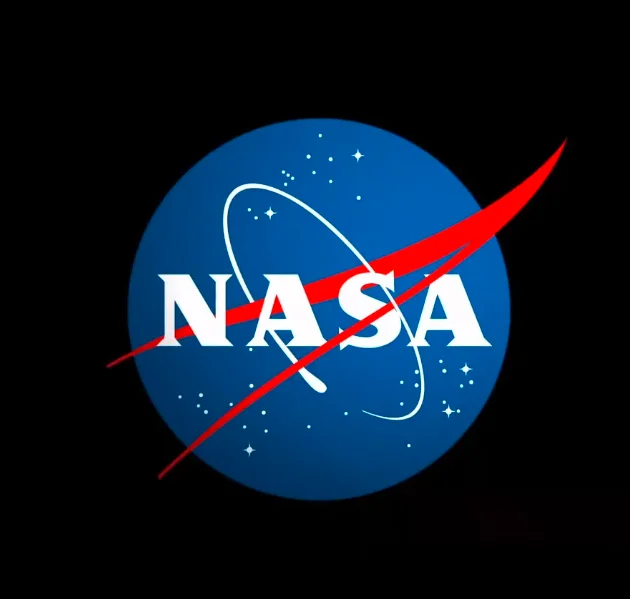The project involves analogue astronauts – crew members who take part in simulated missions on Earth – to test the effects of space flight on the human mind and body.
The Mohammed Bin Rashid Space Centre (MBRSC) has announced the selection of Shareef Al Romaithi as the Emirati crew member for the second analog study of the UAE Analog Programme, part of NASA’s Human Exploration Research Analog (HERA) Campaign 7 Mission 2. Al Romaithi joins primary crew members Jason Lee, Stephanie Navarro, and Piyumi Wijesekara as they enter the HERA habitat at NASA’s Johnson Space Center in Houston, Texas, USA, starting May 10.
Over the next 45 days, the team will immerse themselves in the habitat, simulating conditions akin to those experienced during deep space missions to destinations like the Moon and Mars, including virtual reality “walks” on Mars’s surface and communication delays with Mission Control Center.
HERA serves as a three-story habitat designed to replicate space-like conditions on Earth, enabling scientists to study crew adaptation to isolation, confinement, and remote environments. This analog study underscores the UAE’s significant role in advancing scientific research for future lunar and Martian exploration missions. Comprising four phases, the study includes 18 human health investigations conducted on Earth to comprehend crew responses in conditions similar to those encountered during long-duration space missions. The United Arab Emirates University (UAEU), Mohammed Bin Rashid University of Medicine and Health Sciences (MBRU), and American University of Sharjah (AUS) are spearheading six crucial studies in collaboration with MBRSC, showcasing the UAE’s commitment to advancing human space exploration endeavours on an international scale.
Salem Humaid AlMarri, Director General, MBRSC, said: “We are pleased to announce the selection of Shareef Al Romaithi for the second analog study of the UAE Analog Programme at the HERA habitat, marking another significant step towards the UAE’s vision for space exploration. This mission, blending scientific research and international collaboration with NASA, is poised to deepen our understanding of the physiological and psychological challenges of long-duration space travel through experiments here on Earth. The insights gained from these Earth-based simulations will be instrumental in preparing humanity for the next giant leap – setting foot on Mars and beyond. The UAE is honoured to be part of this journey, and we will continue to push the boundaries of what is possible and inspire future generations to be part of the space sector.”
Shareef Al Romaithi is a pilot with more than 16 years of experience in the airline industry, including more than 9,000 flight hours on multiple Airbus and Boeing aircraft. Prior to being selected for the UAE Analog Programme, he commanded Boeing 777 and 787 aircraft as a captain, underscoring his expertise and leadership in aviation.
The first phase of the second analog study of the UAE Analog Programme was completed on 11 March 2024. The third and fourth phases will begin on 9 August 2024 and 1 November 2024, respectively.

